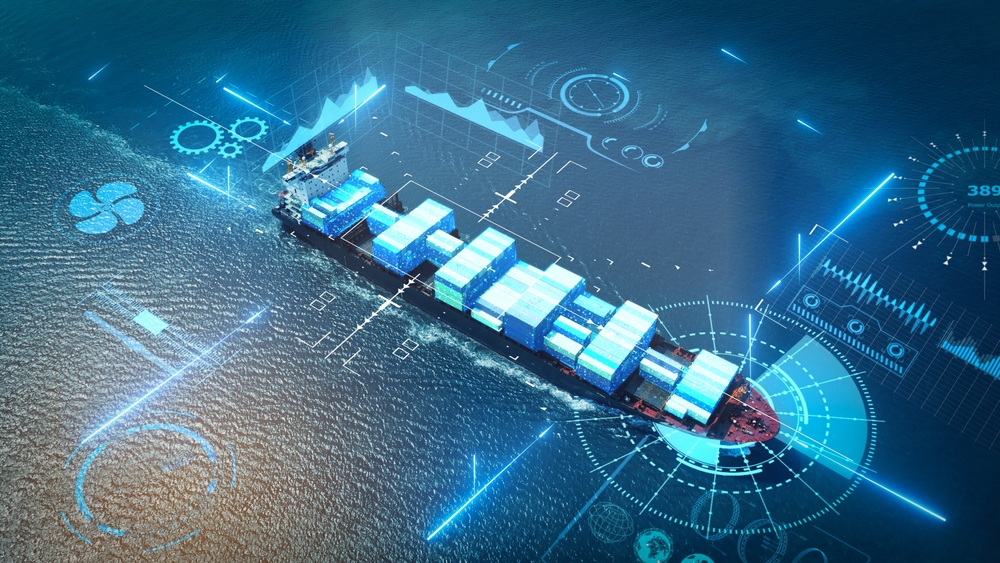The maritime industry is undergoing a significant transformation, driven by advancements in technology that enhance efficiency, safety, and sustainability. Central to this evolution is the concept of the Maritime Technologies Complex (MTC), which encompasses a range of innovations and institutions dedicated to maritime research, development, and application. This blog post delves into the multifaceted aspects of the Maritime Technologies Complex, exploring its components, recent advancements, challenges, and future prospects.
Understanding the Maritime Technologies Complex
The term “Maritime Technologies Complex” refers to both a specific institution and a broader concept. Specifically, the Maritime Technologies Complex (MTC) in Pakistan is a notable entity involved in the development of maritime technologies. Located in Karachi, MTC has been instrumental in advancing Pakistan’s maritime capabilities, including the construction of the country’s first indigenously built warship.
Beyond this specific institution, the Maritime Technologies Complex represents the collective integration of various technological innovations within the maritime industry. This includes advancements in shipbuilding, navigation, communication, automation, and environmental monitoring, all aimed at enhancing maritime operations.
Key Components of the Maritime Technologies Complex
-
Shipbuilding and Design Innovations
Advancements in ship design and construction have led to the development of more efficient and environmentally friendly vessels. Innovations such as the use of lightweight materials, improved hull designs, and energy-efficient propulsion systems contribute to reduced fuel consumption and lower emissions. For instance, the integration of methanol-ready designs in Service Operation Vessels (SOVs) reflects a shift towards sustainable fuel options.
-
Automation and Autonomous Vessels
The maritime industry is witnessing a gradual introduction of autonomous and remotely operated vessels. These vessels utilize advanced sensors, artificial intelligence (AI), and machine learning to perform tasks without human intervention, enhancing operational efficiency and safety. Unmanned surface vessels (USVs) are already conducting seabed surveys, demonstrating the potential of automation in maritime operations.
-
Digitalization and Connectivity
Digital technologies are revolutionizing maritime operations through enhanced connectivity and data analytics. The Internet of Things (IoT) enables real-time monitoring of vessel performance, cargo conditions, and environmental factors. High-speed satellite communications ensure that ships remain connected to shore-based facilities, facilitating efficient decision-making and operational management.
-
Environmental Monitoring and Sustainability
Environmental concerns have prompted the development of technologies aimed at monitoring and protecting marine ecosystems. Systems for detecting oil spills, monitoring water quality, and assessing marine biodiversity are integral components of the Maritime Technologies Complex. Additionally, the exploration of marine renewable energy sources, such as offshore wind and wave energy, underscores the industry’s commitment to sustainability.
-
Advanced Communication Systems
Reliable communication is vital for maritime safety and efficiency. The integration of terrestrial and non-terrestrial networks, including satellite and radio frequency communications, ensures seamless connectivity for vessels across the globe. Emerging technologies, such as 6G solutions, are poised to further enhance maritime networking capabilities, supporting applications like the Internet of Ships (IoS) and ship-to-underwater IoT.
Recent Advancements in Maritime Technologies
The maritime industry has experienced several notable technological advancements in recent years:
-
Artificial Intelligence and Machine Learning
AI and machine learning algorithms are being employed to optimize routing, predict maintenance needs, and enhance decision-making processes. These technologies analyze vast amounts of data to provide insights that improve operational efficiency and safety.
-
Digital Twins
The concept of digital twins involves creating virtual replicas of physical vessels or systems. These digital models allow for simulations and analyses that can predict performance, identify potential issues, and inform maintenance strategies, thereby reducing downtime and costs.
-
Augmented Reality (AR)
AR technology is being utilized for training purposes, maintenance assistance, and navigation. By overlaying digital information onto the physical environment, AR enhances situational awareness and supports more effective decision-making.
-
Robotics and Automation
Robotic systems are increasingly used for tasks such as hull cleaning, cargo handling, and underwater inspections. Automation reduces the need for human intervention in hazardous environments, enhancing safety and operational efficiency.
Challenges Facing the Maritime Technologies Complex
Despite significant advancements, the Maritime Technologies Complex faces several challenges:
-
Cybersecurity Threats
The increasing reliance on digital systems and connectivity exposes maritime operations to cybersecurity risks. Protecting sensitive data and ensuring the integrity of critical systems are paramount concerns that require robust cybersecurity measures.
-
Regulatory Compliance
The rapid pace of technological innovation often outstrips the development of regulatory frameworks. Ensuring that new technologies comply with international maritime laws and standards is a complex and ongoing challenge.
-
Integration of Emerging Technologies
Integrating new technologies into existing maritime infrastructure requires significant investment and poses technical challenges. Ensuring compatibility and interoperability between legacy systems and new innovations is essential for seamless operations.
-
Environmental Concerns
While technological advancements aim to reduce the environmental impact of maritime operations, the development and deployment of new technologies must also consider potential ecological consequences. Sustainable practices and materials are essential to minimize the industry’s environmental footprint.
Future Prospects of the Maritime Technologies Complex
The future of the Maritime Technologies Complex is poised to be shaped by several key trends:
-
Enhanced Connectivity
The development of integrated terrestrial

